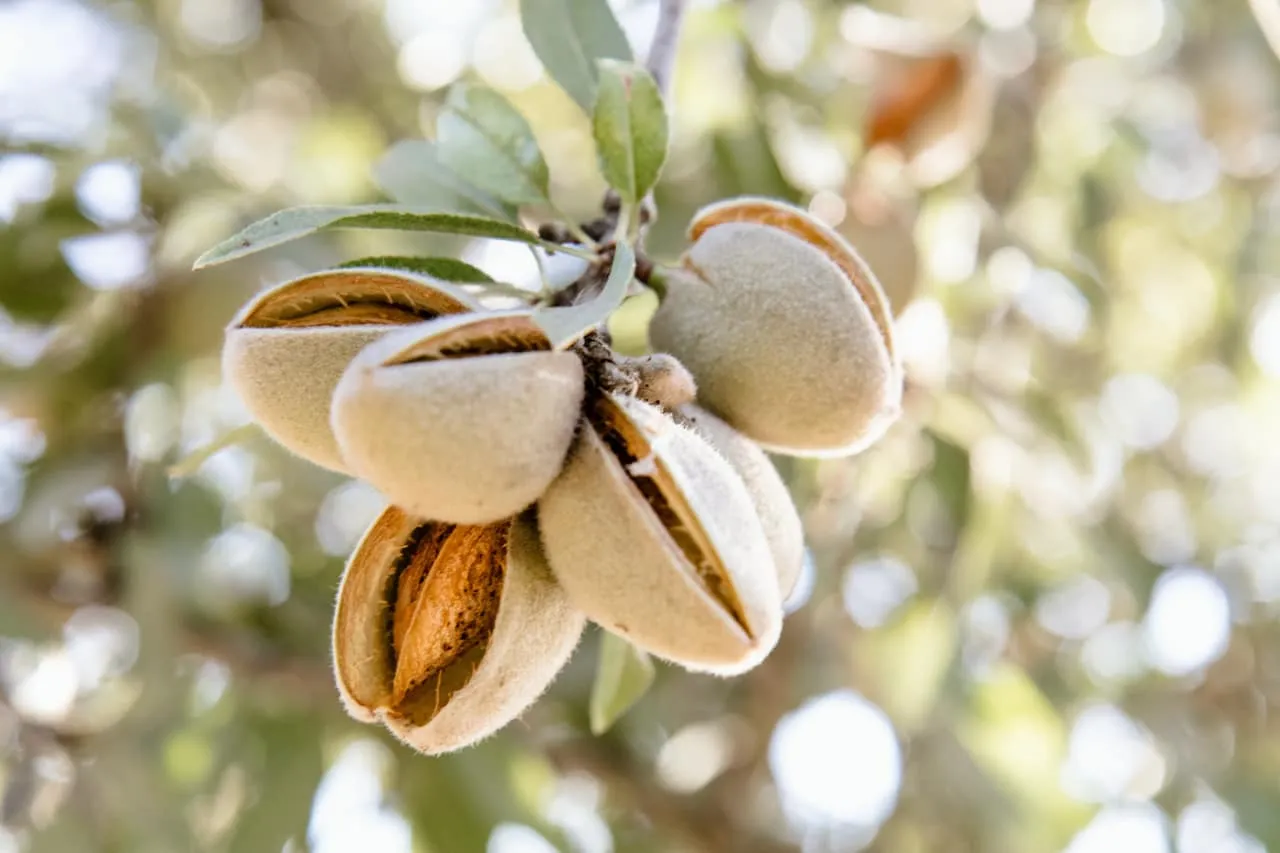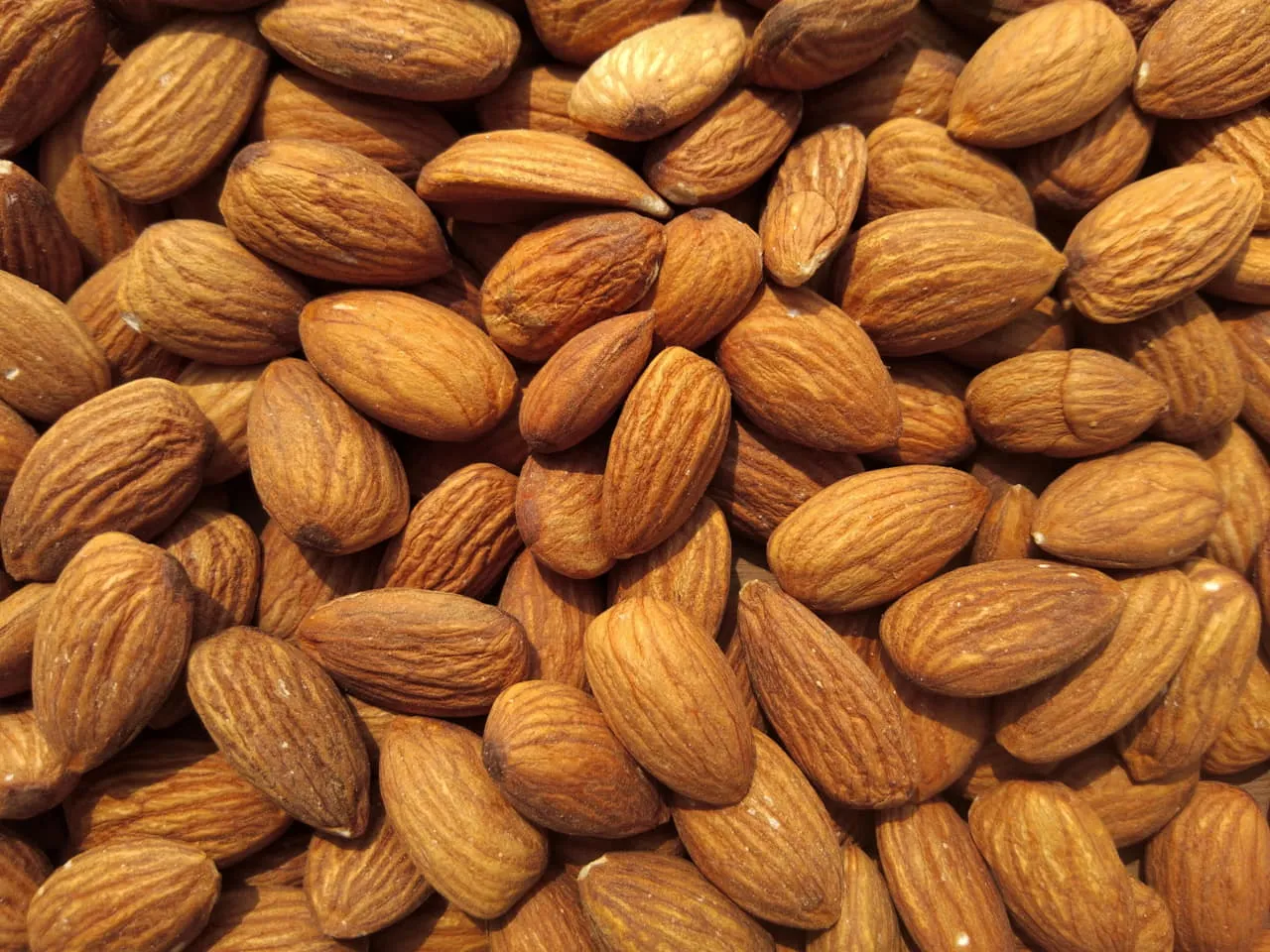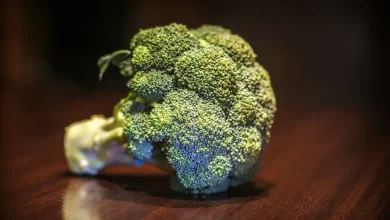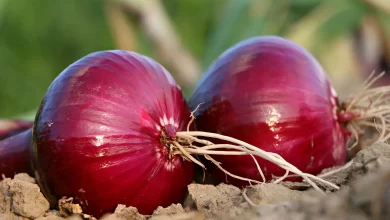Almonds contain vitamins, minerals, protein, and fibre, so that they may provide a variety of health benefits to us. A handful of almonds (about 1 ounce) contains one-eighth of a person’s daily protein requirements. Almonds can be eaten raw or toasted as a snack or added to sweet or savoury dishes. They are also available in sliced, flaked, and slivered forms, as well as flour, oil, butter, and almond milk. Almonds are commonly referred to as nuts, but they are actually seeds rather than true nuts. Almond trees were possibly among the first trees that people cultivated. Archaeologists in Jordan discovered evidence of domesticated almond trees dating back 5,000 years. So let’s dive into the world of almonds with these 21 Interesting Facts about Almonds.
- The almond (Prunus amygdalus, also known as Prunus dulcis) is a tree species native to Iran and neighbouring countries that are widely cultivated worldwide. The edible and widely cultivated seed of this tree is also known as the almond.
- Almonds need both hot and cold temperatures, and it needs hot weather of 30°C to 35°C and cool winters for kernel filling and plant growth. Unopened blossom can survive in the cold up to -2.2°C, but cold might start damaging the blossom from 0.50 °C to -1.1 °C.
- Because almond trees are not easily pollinated by the wind, bees are required to pollinate and produce nuts efficiently. Some growers specially hire bees to get the pollination done.
- With a yearly production of 2,002,742 tonnes, the United States of America is the world’s leading producer of almonds. Spain, with 202,339 tons, stands in the second spot on the globe. At the same time, Iran is on the third spot with a yield of 147,863 tons.
- Almonds are grown in 49 different varieties in the United States. In California, four varieties account for 85 per cent of all almonds grown. Nonpareil, Carmel, California types, and Mission types are the four main varieties.

- California almonds constitute 80% of the world production and are a $6 billion industry.
- Almonds are costly due to high land prices, a long and complex harvesting process, drought conditions, and increased labour and pollination costs. Almond trees are big and require a huge amount of land and water in a state where land is expensive, and droughts happen frequently.
- Marcona almonds native to Spain are considered one of the best types of almonds as they are an excellent source of beneficial oils and some nutrients.
- Almonds are mentioned six times in the Bible, all of which are in the Old Testament. The first mention is in Genesis 43:11, where Jacob orders his sons to take some of the “best products of the land,” including almonds, in an apparent attempt to curry favour with the ruler of Egypt.
- The first almond trees in the united states were brought to America from Spain by Franciscan monks in the mid-1700s. The trees were planted in Spanish monasteries near Sacramento, California.

- There have been 98 published research papers (with 19 more in the works) on the health benefits of almonds, with a focus on heart health, diabetes, and weight management. Almonds were one of the first foods in the United States to receive a qualified health claim. Almonds aid in the slowing of sugar and carbohydrate absorption.
- Natural almonds can be kept fresh for two years or more if kept in the refrigerator or freezer. Roasted almonds can be stored in an airtight container in the refrigerator or freezer for up to a year.
- The protein found in almonds aids in the repair of brain cells. Almonds contain vitamin E and omega-three fatty acids, both of which are beneficial to the brain. Almonds, which are high in magnesium, help to improve overall neural health and keep the nervous system in good working order. So in India, almonds are treated as food for increasing kids or even elders overall brain health and IQ.
- Almonds are full of antioxidants. Over a four-week period, a clinical trial involving 60 male smokers discovered that eating about 3 ounces (84 grammes) of almonds per day reduced oxidative stress biomarkers by 23–34 percent.
- Almonds have a number of health benefits that are as follows-• Almonds Reduce CholesterolAlmonds are Good for Your Heart
• Regulates Blood Sugar
• It can help control Blood pressure levels
• Have High Vitamin E levels
• Helps in aiding weight loss
• Nourishes skin
• Improves eye vision
• Prevents Cancer
- Almonds are one of the few foods that contain flavonoids. Some of the others are broccoli and green tea.
- Chocolate manufacturers all over the globe consume about 40% of the world’s total almonds. Almonds fall under The Peach Family and are stone fruits related to cherries, Plums and peaches.
- One kg of almonds may give about 16 ounces (473 millilitres) of oil.
- The Turlock facility is currently the most modern almond processing plant in the world. The facility is situated on an 88-acre (35.6ha) site near the intersection of Washington and Fulkerth Roads.
- Soaked almonds are preferable because the peel of the almond contains tannin, which inhibits nutrient absorption. Soaking the almonds makes it easier to remove the peel, allowing the nuts to release all of their nutrients.

- One ounce of almonds contains half of the Daily Value for vitamin E.
Nutrition Facts of Almonds
Here are the nutrition facts for one ounce (28 grams) of Almonds.
- Fiber: 3.5 grams
- Protein:6 grams
- Fat:14 grams (9 of which are monounsaturated)
- Vitamin E:37% of the RDI
- Manganese:32% of the RDI
- Magnesium:: 20% of the RDI






